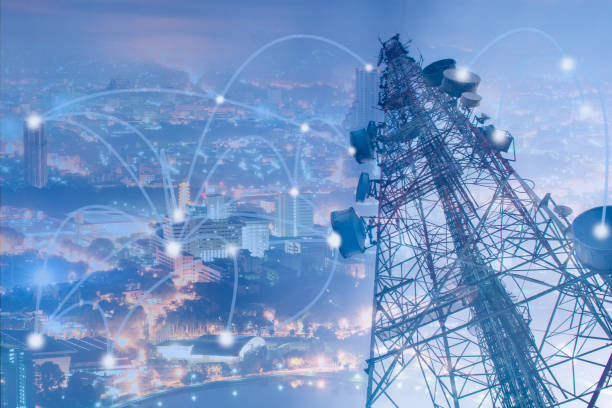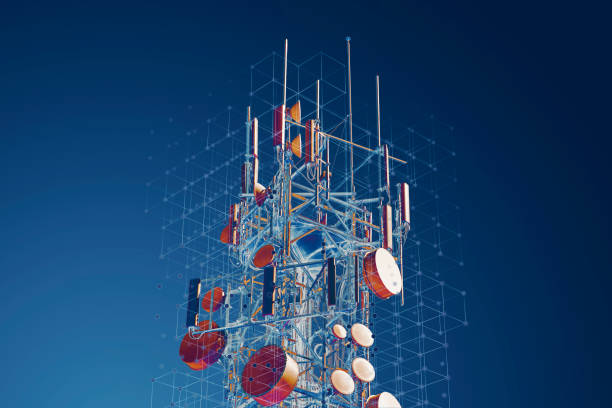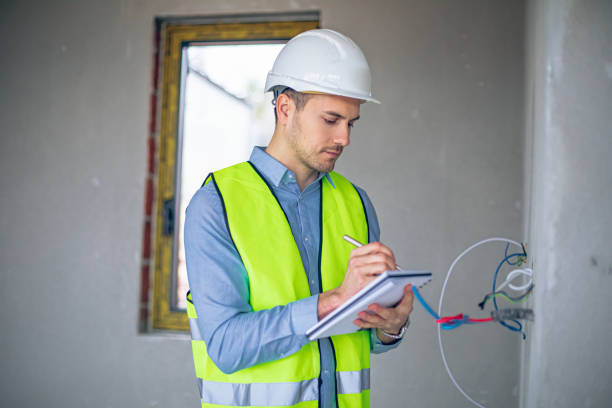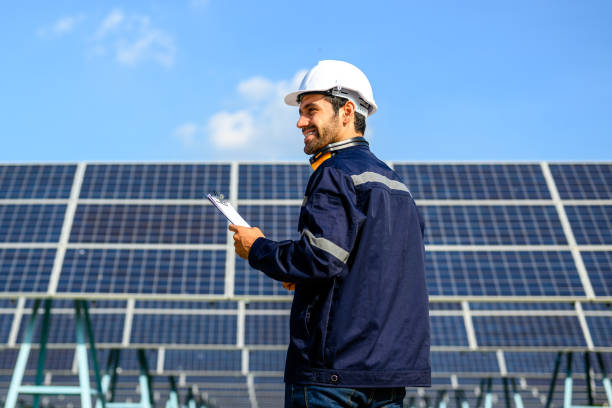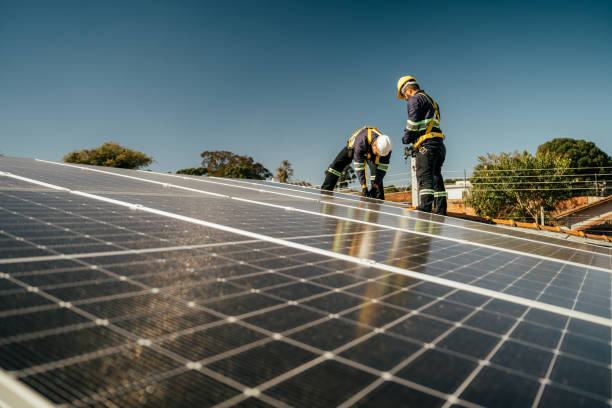How Mobile Towers Improve Network Connectivity in Rural Areas
In a world that’s increasingly digital, having access to reliable mobile networks is no longer a luxury — it’s a necessity. For rural areas, where traditional broadband infrastructure is often lacking or non-existent, mobile towers serve as a critical solution for bridging the digital divide. In this blog, we’ll explore how mobile towers improve network connectivity in rural regions, and how companies like Login Engineering are helping bring fast, reliable communication to every corner of India. Why Rural Connectivity Matters Rural areas make up a significant portion of India’s population and economy. Yet, many of these regions still suffer from: This digital gap prevents rural communities from fully benefiting from: Mobile towers offer a fast, scalable, and cost-effective way to connect these underserved areas. How Mobile Towers Work Mobile towers, or cell towers, transmit and receive signals between mobile devices and the telecom network. Each tower covers a specific geographical area called a “cell,” enabling services like: Towers are typically installed in locations where they can provide maximum coverage, and they connect back to the core network via fiber optics or microwave links. Benefits of Mobile Towers in Rural Areas 1. Expanded Network Coverage Rural areas are often geographically vast and sparsely populated. Traditional wired broadband is expensive to deploy in such settings. Mobile towers provide: This allows residents to make calls and access the internet even in remote villages. 2. Affordable Connectivity For most rural users, smartphones are the primary device for accessing the internet. Mobile towers enable affordable: This opens the door to online learning, banking, and entertainment — all from a basic smartphone. 3. Support for Government Digital Initiatives Mobile towers are vital to the success of projects like: These initiatives rely on strong mobile networks to provide rural communities with access to: 4. Boost to Local Economy Connectivity drives economic growth. With improved mobile signals, rural entrepreneurs can: Farmers, artisans, and small business owners greatly benefit from reliable mobile internet. 5. Emergency Communication In remote areas where access to emergency services is limited, mobile connectivity can literally save lives. Towers make it possible to: Challenges of Rural Tower Installation Despite the benefits, deploying mobile towers in rural regions comes with challenges: However, with proper planning, government support, and awareness campaigns, these challenges can be overcome. How Login Engineering Is Making a Difference At Login Engineering, we specialize in mobile tower installation and infrastructure development — especially in underserved rural and semi-urban regions. Our Services Include: We are committed to building a more connected, inclusive India — one tower at a time. Conclusion Mobile towers play a transformational role in improving rural network connectivity. By expanding coverage, reducing the cost of access, and enabling essential digital services, they are helping rural communities step into the digital age. With the combined efforts of the government, telecom providers, and infrastructure companies like Login Engineering, the future of rural connectivity in India looks brighter than ever.

